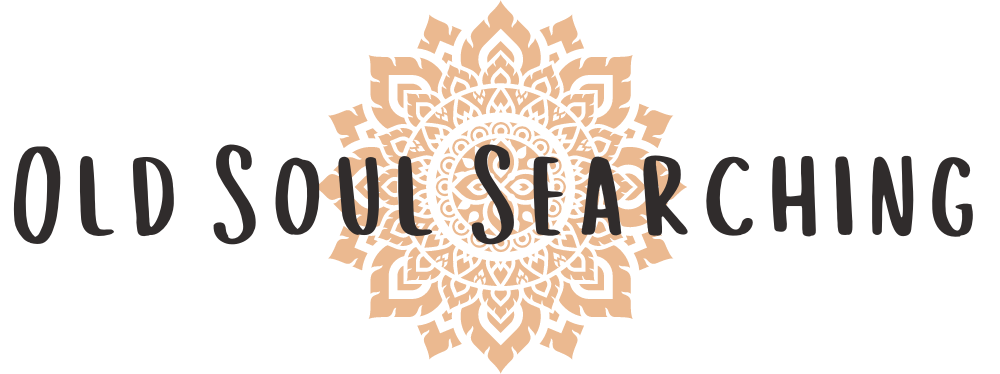. . .
Have you ever felt your success was undeserved even though you might have worked tirelessly for it? Or that those around you seem to have it all figured out, while you can’t even remember which brand of maple syrup you wanted to purchase from the grocery store?
Chances are, this is imposter syndrome at work. Even as I type these words, doubt seeps in. Who am I to write to thousands of strangers in a digital space about a topic in which I am hardly an expert? Who am I to start a blog in the first place? What right do I have? I also spent seven years writing, rewriting, and editing a book about my life. What makes me think I’m interesting enough to concoct such a text-heavy piece about a string of events that may or may not be deemed meaningful by the general public?
But what if Thomas Edison, Nelson Mandela, Leonardo da Vinci, Edgar Allan Poe, Oprah Winfrey, or Elvis had allowed imposter syndrome to dominate their lives and derail their aspirations? Where would we even be today if The Greats in our history books believed they were frauds all along?
For all I know, one of the future Greats is reading this post right now, and I’m here to remind you that it’s natural to teeter between worthiness and unworthiness when it comes to our dreams. Everyone around you may seem like they have it together, but we’re all scared shitless. We all overanalyze our own dialogue, considering from every angle if our points were made with accuracy, if our inflections sounded pleasing to the ear, and if we made the appropriate hand gestures. Many of us are prone to needing constant feedback from others to ensure we aren’t making a complete fool of ourselves.
In Oprah’s book, What Happened to You? she mentioned how she has interviewed tens of thousands of world leaders, celebrities, billionaire entrepreneurs, and even members of the British royal family, and every single one of them asked her the same question following the interview: “Was that okay?”
They ask this question for the same reason that you might ask the question if you were being interviewed in front of a live audience – in many cases digging up some very intimate details about your past or present. Validation from others helps to release us from imposter syndrome. And clearly, more than just your average Joe falls victim to this need.
I hope that knowing this brings you peace, even if only for a little while. Imposter syndrome may do its best to try and reinforce your feelings of inefficacy, but that doesn’t mean you can’t overcome them. Oprah didn’t struggle to find worthwhile guests for her show, even though all of them seemingly faced some form of self-doubt in their interviews. In the end, she always gave them the affirmations they needed. We can do this same thing for ourselves if we just learn to normalize this very relatable human experience.
When in doubt, get out of your own head. Take a deep breath. Go outside. Meet a friend for coffee. If there’s anything that’s going to sabotage your success, it’s the voice that tells you that you can’t. When you revisit your internal dialogue, practice self-compassion, and try to reframe your thoughts. If you feel undeserving of your success, what legitimate proof do you have for this assumption? Make a two-column list starting with every reason you feel you haven’t earned an accomplishment and then everything you’ve done to earn it. Be sure to consider your tenacity or your desire to help others. Which list is longer?
Imposter syndrome needs self-doubt and delusion to thrive. It needs our inner confidence to waver. The good news is, that if we hold ourselves accountable for our thoughts and our reactions to them, this gives us the power to turn them from an experience of limitation to liberation. Meaning, that even if we have days when we feel utterly inferior, we still possess the capacity to free ourselves from this narrow mindset and bring about its opposite: boundless potential.
. . .
Photo by Artem Kniaz on Unsplash
Subscribe to Old Soul Searching and get more motivational insights straight to your inbox!




